Making your Garage Operator a Powerhouse
A reliable garage door opener is paramount for seamless access and enhanced security. Selecting the incorrect type can lead to frustrating noise, insufficient lifting power, or premature wear, impacting your daily routine and property value. Understanding your options is the first step towards a trouble-free system.

The two main contenders in the garage door opener industry are belt drive and chain drive operators. Simply put, belt drives often offer quieter operation, ideal for homes with attached garages, while chain drives are typically more budget-friendly and robust for heavier doors. However, these are broad strokes, and nuances matter.
Ready to unlock these essential differences? Here at All Security Equipment’s blog we’lll guide you through the key distinctions, highlighting what truly sets these operators apart. By the end, you'll be equipped to choose the perfect powerhouse for your garage door, avoiding potential headaches down the line.
Belt vs Chain - Key Aspects in Comparison

1) Noise Level and Vibration:
Chain drive openers rely on the robust interaction of a metal chain pulling along a track, which inherently generates significant operational noise. This metallic clanking, grinding, and whirring can be particularly intrusive for homes with attached garages, potentially disrupting sleep, work, or leisure activities within adjacent living spaces. The vibrations produced by the chain mechanism can also travel through the structure of the house, adding to the auditory disturbance and creating an overall less refined experience.
For households prioritizing a quiet environment, especially those with bedrooms or living rooms directly above or next to the garage, the noise factor of a chain drive can become a persistent daily annoyance, diminishing the comfort and peace of their home.
In contrast, belt drive openers utilize a flexible and often reinforced rubber or polyurethane belt to move the garage door. This fundamental difference in material and mechanics results in a remarkably quieter operation. The smooth gliding of the belt along the track produces minimal noise, making it an ideal choice for homeowners who value a serene home environment.
This quiet performance is a significant advantage for attached garages, ensuring that the opening and closing of the door doesn't disrupt the household or nearby neighbors, enhancing the overall quality of life within the home.

If you’re seeking the pinnacle of quiet garage door operation Consider the Marantec Synergy 270 3/4 HPcs DC Belt Drive Garage Door Opener. Engineered with a focus on noise reduction, its advanced belt drive system ensures near-silent performance, making it the perfect solution for attached garages and homes where minimizing noise pollution is paramount. Enjoy the convenience of an automated garage door without sacrificing the tranquility of your living space.
2) Smoothness of Operation:
The mechanical action of a chain drive, with its linked segments, can sometimes result in a less fluid and potentially jerky motion during the opening and closing of the garage door. This can manifest as noticeable vibrations and a general feeling of a less refined technological experience. Over time, this slightly uneven movement can also contribute to increased wear and tear on the garage door components and the opener mechanism itself due to the intermittent stresses placed on the system.
Belt drive systems, on the other hand, typically offer a significantly smoother and more seamless opening and closing motion. The continuous nature of the belt allows for a more consistent and controlled movement of the garage door along the track. This not only provides a more pleasant user experience but also minimizes vibrations and reduces stress on the door and opener components, potentially contributing to a longer lifespan for the entire system.
3) Maintenance Requirements and Longevity:
Chain drive openers, due to their metal-on-metal interaction, necessitate regular maintenance, primarily in the form of chain lubrication. This periodic application of lubricant is crucial to ensure smooth and quiet operation, prevent rust and corrosion, and prolong the lifespan of the chain and other moving parts. Neglecting this routine maintenance can lead to increased noise, decreased operational efficiency, and ultimately, potential damage to the opener system, requiring costly repairs or replacements.
Belt drive openers generally require significantly less ongoing maintenance. The rubber or reinforced synthetic belt typically does not require lubrication, saving homeowners valuable time and effort. While periodic visual inspections of the belt for signs of wear, cracking, or fraying are recommended, the overall maintenance demands are considerably lower compared to chain drives. This ease of maintenance contributes to a more hassle-free ownership experience. While the lifespan of a belt can be influenced by factors like usage frequency and environmental conditions, modern belt materials are engineered for durability and often come with competitive warranty periods.
4) Lifting Power, Durability, and Application:
Chain drive openers are renowned for their robust lifting capacity and inherent durability. The strong metal chain and associated components are well-suited for lifting even the heaviest residential garage doors, including those constructed from solid wood, steel, or oversized for multi-car garages. This ruggedness often translates to a long operational lifespan, making chain drives a reliable choice for demanding applications. Their proven track record and widespread availability also contribute to their appeal for homeowners prioritizing raw power and longevity, particularly in situations where the garage door experiences frequent use or is exceptionally heavy.

While belt drive technology has made significant advancements in strength and durability, they might not be the universally recommended option for the absolute heaviest garage doors. However, for the vast majority of standard residential garage door sizes and materials, modern belt drive openers offer ample lifting power and excellent durability. Manufacturers have engineered high-strength belts capable of handling substantial loads.

For homeowners with substantial or heavy garage doors requiring unwavering lifting power and long-term reliability, the LiftMaster ¾ HP AC Chain Drive Wi-Fi Garage Door Opener stands as a formidable choice. Its powerful AC motor and robust chain drive system are specifically engineered to handle the weight and demands of even the heaviest doors, ensuring consistent and dependable performance for years to come. Benefit from LiftMaster's reputation for durability and strength in a garage door opener built to last.
Final Verdict
The choice between a belt drive and a chain drive garage door opener hinges on individual priorities. If budget and raw lifting power for a heavy door are paramount and noise is a lesser concern, a chain drive offers a robust and time-tested solution. Conversely, if quiet operation, smooth performance, and minimal maintenance are higher on the priority list, a belt drive system provides a more refined and often longer-lasting experience, albeit at a slightly higher initial cost.
Carefully weighing these essential differences against your specific needs and the characteristics of your garage will lead you to the optimal choice for seamless and secure garage door operation.
Still unsure which type of garage door opener best suits your needs? The expert team at All Security Equipment is here to help! Contact our dedicated customer service today for personalized advice, detailed product information, and assistance in selecting the perfect belt or chain drive operator for your home or property.

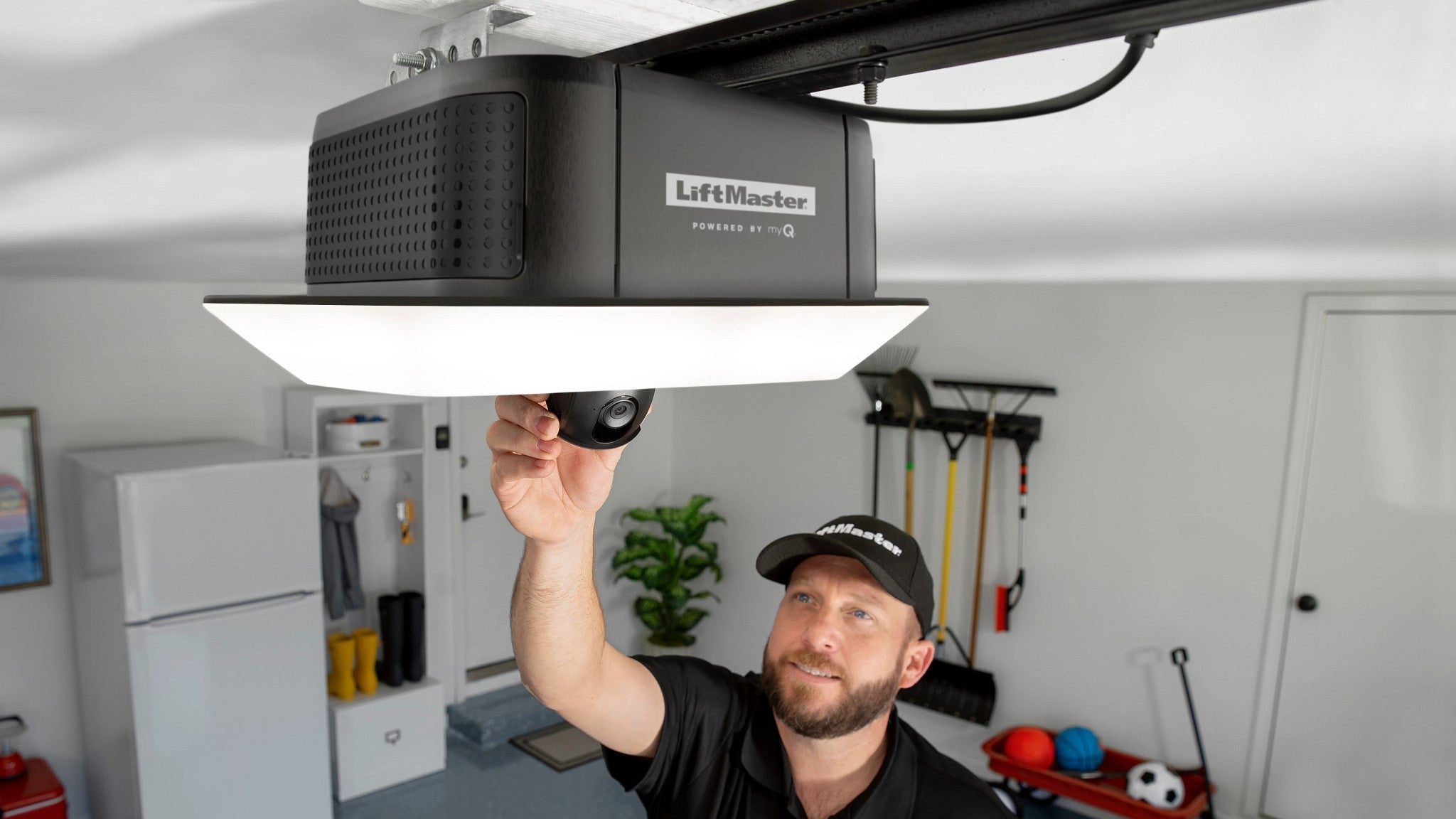


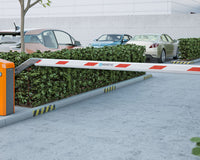
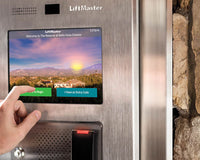
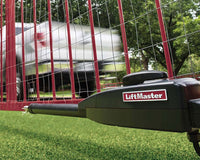
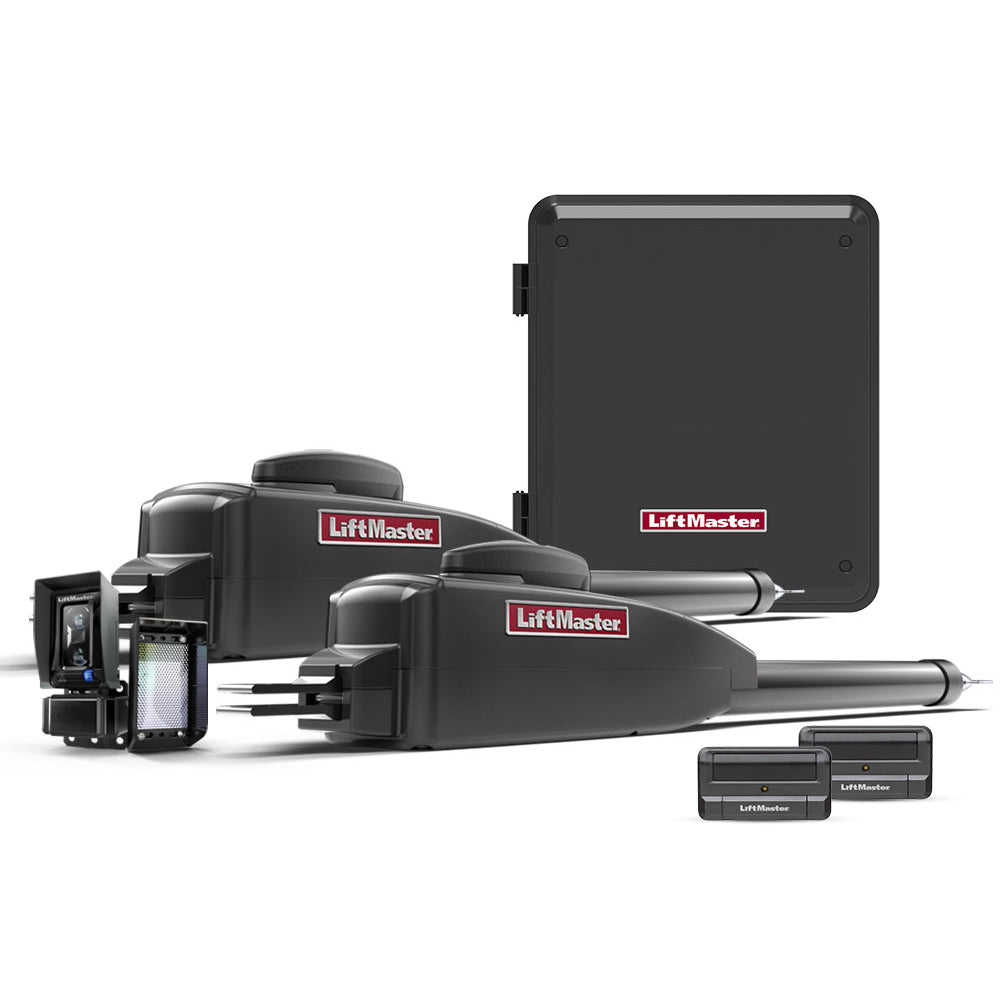
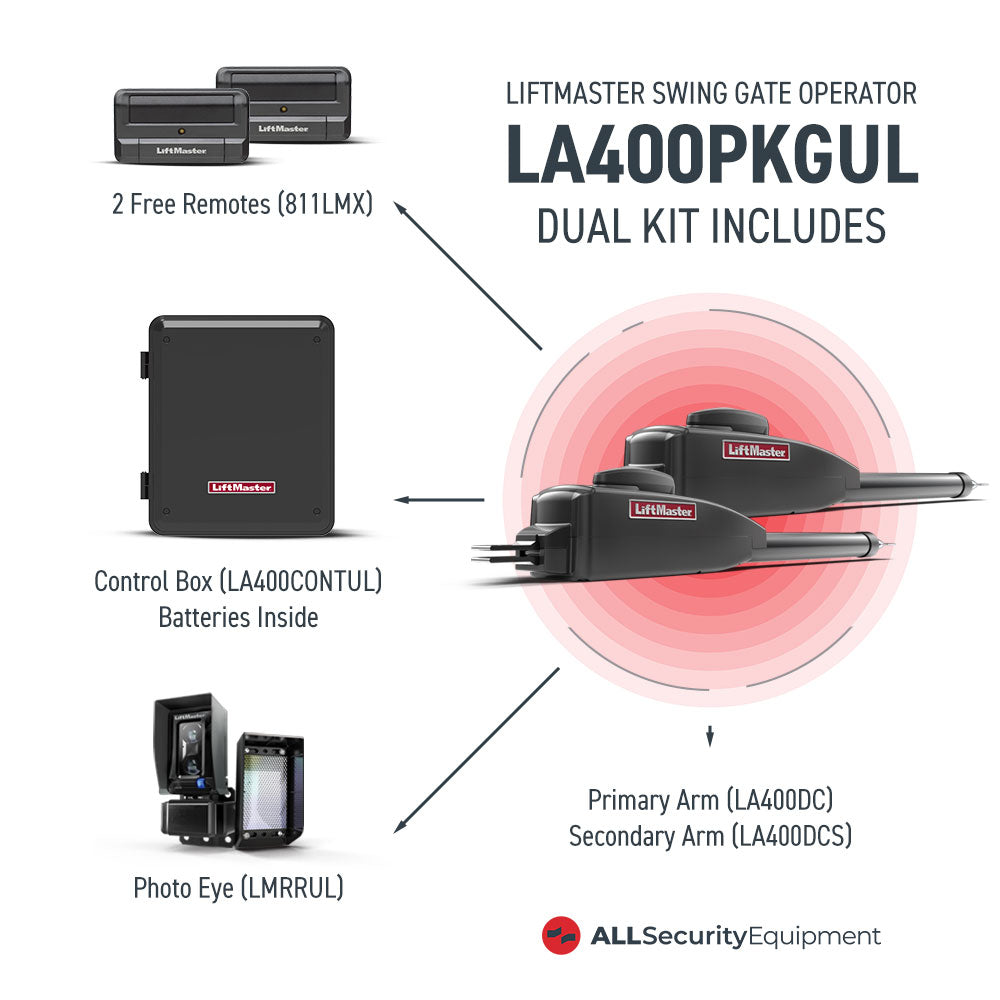
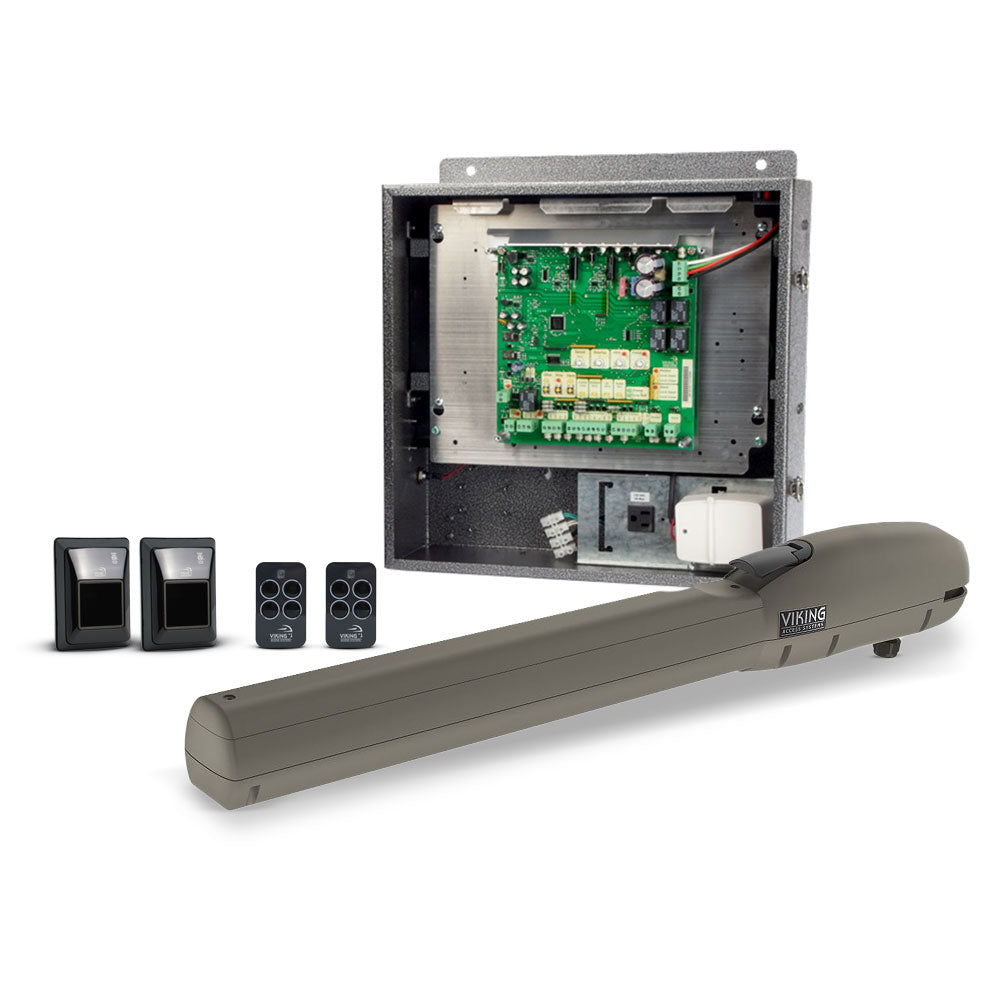
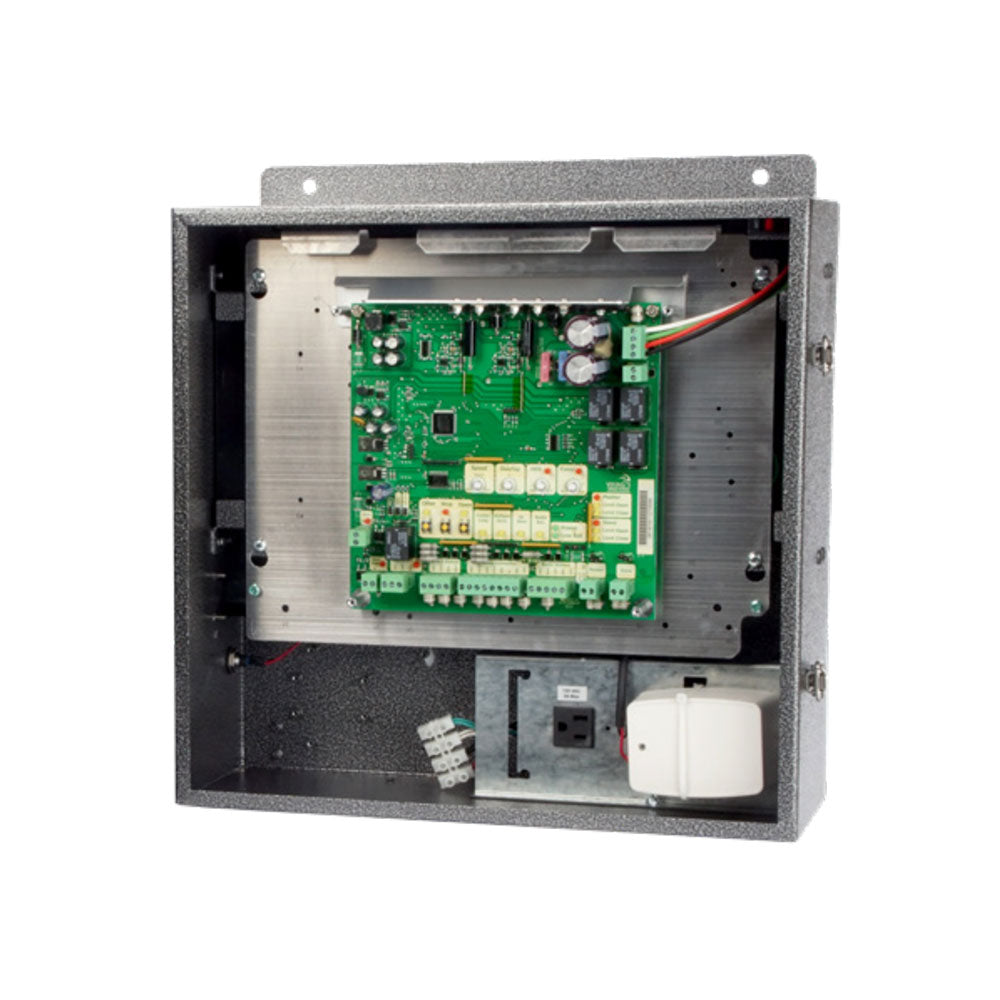
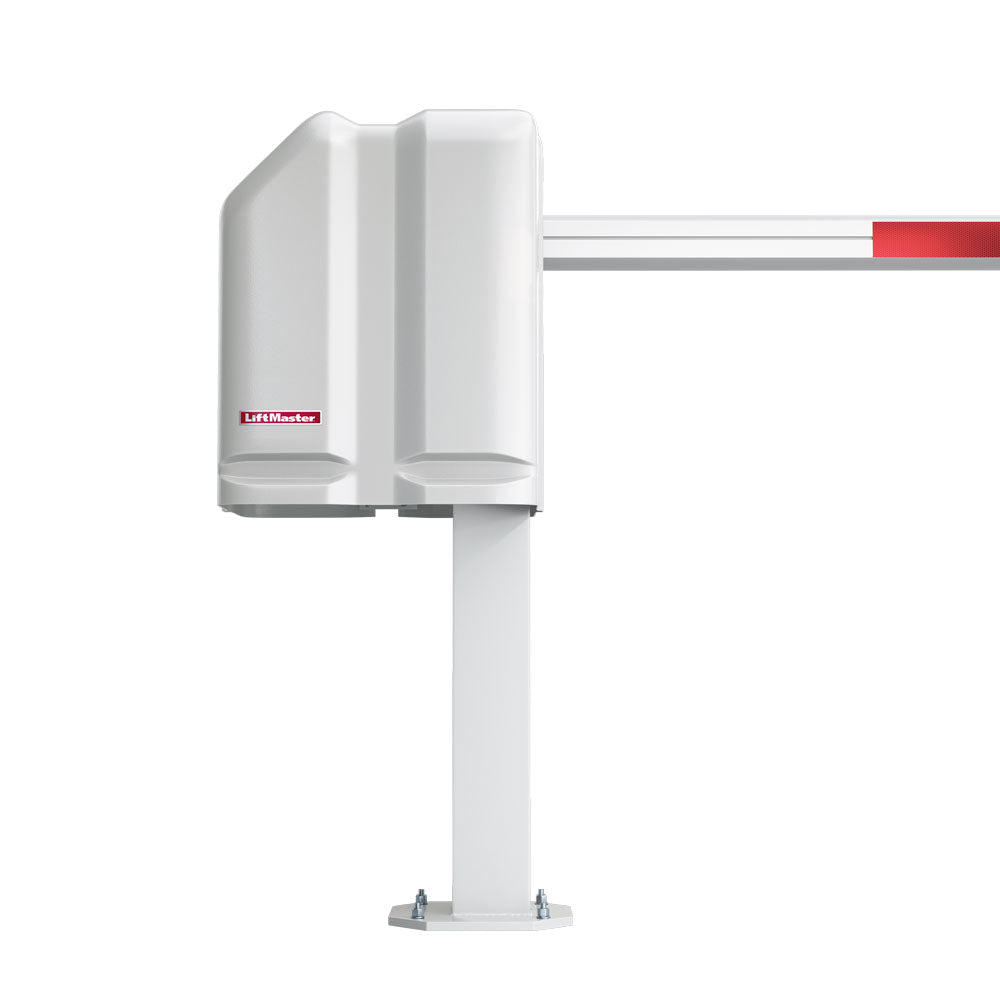

Leave A Comment
Rating
0
Name *
Email *
Comment *